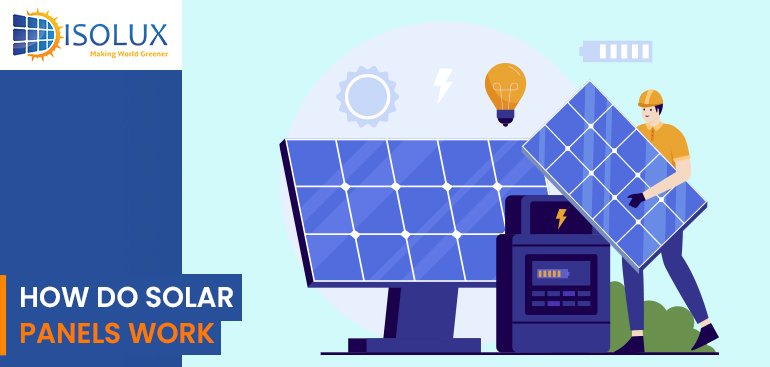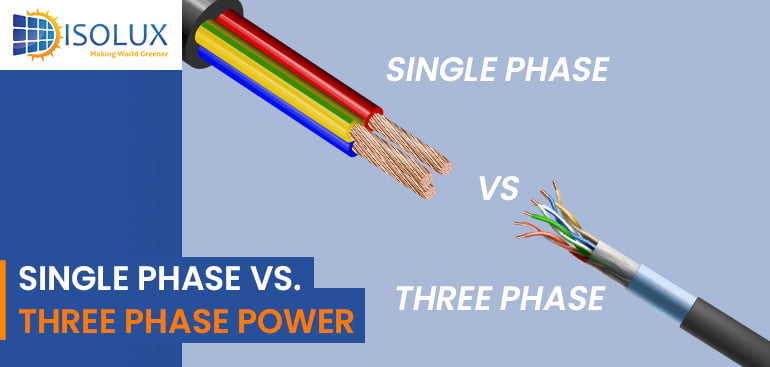Solar panels are getting more love from Australian homeowners. Why? They bring environmental perks and save money. For new homes, using solar solutions from the start is a wise move. This avoids extra costs later. Solar panels are the future. Adding them to new homes is a great decision. They offer clean, long-lasting energy that’s friendly to our earth. What’s more, you can save power for gloomy days. A top home builder in New South Wales, McDonald Jones Homes, is now including solar panel systems, solar inverters, and electric vehicle chargers in their new home packages. This smart choice can actually pay for itself.
Key Takeaways
- Solar panels are becoming increasingly popular with Australian homeowners due to their environmental benefits and potential cost savings.
- Integrating solar solutions during new home construction can be more cost-effective than retrofitting later.
- Solar panels provide a sustainable and long-lasting source of renewable energy that can help reduce electricity costs.
- Investing in solar panels for a new home build can be a smart and environmentally-friendly decision for Australian homeowners.
Benefits of Solar Panels for New Homes
Solar panels offer numerous benefits for new homes, both for homeowners and the environment. Here are some key advantages:
1. Cost Savings: Installing solar panels can significantly reduce or even eliminate electricity bills, depending on the size of the system and energy usage. Over time, the savings on electricity costs can outweigh the initial investment.
2. Renewable Energy Source: Solar energy is a renewable resource, meaning it’s virtually inexhaustible. By harnessing sunlight, homeowners can reduce their reliance on non-renewable energy sources like fossil fuels, contributing to a more sustainable future.
3. Lower Carbon Footprint: Solar energy production generates no greenhouse gas emissions, unlike traditional electricity generation methods such as burning coal or natural gas. By using solar panels, homeowners can decrease their carbon footprint and mitigate climate change.
4. Energy Independence: Solar panels allow homeowners to generate their own electricity onsite, reducing dependence on centralized power grids. This can provide greater energy security and resilience, particularly in areas prone to power outages or disruptions.
5. Increased Property Value: Homes equipped with solar panels typically have higher property values. Studies have shown that solar installations can enhance the resale value of homes, making them more attractive to potential buyers.
6. Government Incentives: Many governments offer financial incentives, such as tax credits, rebates, and net metering programs, to encourage the adoption of solar energy. These incentives can significantly offset the upfront cost of installing solar panels, making them more affordable for homeowners.
7. Long-Term Investment: Solar panels have a long lifespan, typically lasting 25 years or more with minimal maintenance. Once installed, they can provide reliable electricity generation for decades, offering a stable return on investment over time.
8. Environmental Benefits: In addition to reducing greenhouse gas emissions, solar energy production also helps conserve water and reduce air pollution associated with traditional electricity generation methods.
9. Technological Advancements: Advances in solar technology continue to improve efficiency and reduce costs, making solar panels an increasingly attractive option for homeowners. As technology evolves, solar energy systems are becoming more accessible and efficient.
10. Community Impact: By installing solar panels, homeowners contribute to the transition to a cleaner, more sustainable energy future. This can inspire others in the community to adopt renewable energy solutions, amplifying the positive impact on the environment and society as a whole.
Factors to Consider When Installing Solar Panels for New Home
When you’re building a new home and adding solar panels, there’s a lot to think about. The second source gives key points to make sure the solar panel setup works well and saves money.
1. How Much Electricity Do You Consume?
Know how much electricity your household uses. This helps pick the right size for your solar panel system. Think about what you use daily, when you use the most power, and when you use less. This way, you can use most of your solar power and buy less from the grid.
2. Which Orientation Should Your Solar Panels Face?
The way your solar panels face on your roof is vital. Getting lots of sun boosts how well the panels work. Homeowners should place their panels to catch as much sunlight as possible. This choice greatly affects how much solar power you get.
3. Which Angle Should You Position Your Roof?
The roof’s tilt also matters for solar systems. It’s crucial to find the best angle for the roof. This ensures your panels soak up as much sunlight as they can. The right angle improves your solar power production.
4. Is There Shade Around Your Block?
Look out for shaded spots near your new home. Trees and buildings can lower your solar panels’ sunlight. This decreases the power your system makes. Plan where to put your solar panels to avoid these shadows.
5. Which Roof Material Should You Use?
The roof’s material is key to the success of solar panels. Some materials work better for mounting solar panels. Homeowners should select a roof material that helps their solar system work longer and more efficiently.
Solar Panels for New Home: Costs and Rebates
Thinking about adding solar panels to your new Australian home is a big deal. It can cost between $10,000 and $15,000 for a good solar panel system. This price includes the panels, inverters, and the setup.
Can You Get Rebates and Incentives?
There’s great news – you can get rebates and incentives by installing solar panel systems in Sydney, Australia. NSW Government offer solar rebates or incentives for installing solar panels or implementing other sustainable energy measures.
Does It Fit Into Your Budget?
As you plan your new house, think about adding solar. It might seem expensive at first, but it could save you money in the long run. Check out the rebates and incentives available in NSW. They might make adding solar more affordable for you.
How Do Solar Panels Work?
When sunlight hits the solar cells, it starts a process. This process makes electrons in the silicon move. This movement creates DC electricity. A solar inverter then changes this to AC electricity, which our home can use.
Extra solar electricity can be stored in solar batteries. This stored energy is great for cloudy days or when we use lots of energy. Solar batteries can make solar systems even better.
Solar Panels for New Home
Based on the facts, adding solar panels to a new home save on electricity bill, increase in property rate and reduce carbon emission. It’s a top choice for new home construction because it blends easily and often costs less than fitting them later.
Having solar panels means your home will be greener and use less fossil fuels. This makes tomorrow’s world a better place. Plus, you can cut your power bill significantly. You may even save energy on days when it’s not so sunny or when it rains.
Conclusion
Adding solar panels to a new house in Sydney, NSW brings many benefits. These include less harm to our planet, saving on electricity costs, and storing extra energy for later.
Choosing solar energy systems now means using the most advanced residential solar installation options. This makes your home green and you save money in the long run. It also helps combat the ever-increasing prices of traditional power.
Get a free solar panel installation quote today from Isolux Solar.
FAQ
What are the benefits of installing solar panels on a new home?
Solar panels bring many benefits for new homeowners. They lower your carbon footprint and cut electricity costs. Also, they let you save energy for later use.
How do I determine the optimal size of the solar panel system for my new home?
Finding the best solar system size means knowing how much power your family uses. Look at which appliances use the most electricity daily. Figure out the times you use the most and least power.
This helps use your solar power efficiently. It also reduces how much extra power you buy.
What are the typical costs associated with installing solar panels for a new home in Australia?
The cost for a top-notch solar panel setup in Australia is usually between $6,000 and $8,000. This price comes after you get any rebates or discounts.
Can I get any rebates or incentives for installing solar panels on my new home?
Yes, you can get many rebates and incentives for having solar panels on your new home. These can lower the system’s first cost for you.
How do solar panels work to power a home?
Solar panels on your roof turn the sun’s light into electricity. They change light into direct current (DC) electricity. This power then goes through a solar inverter.
The inverter switches the DC to 240V alternating current (AC) electricity. This is the kind of power that runs your home.
Are solar panels becoming more popular for new home builds in Australia?
Indeed, solar panels are winning over more Australian homeowners. They like them for the eco-friendly features and money savings. Builders of new homes are often including solar as part of their green and prepared-for-the-future plans.




